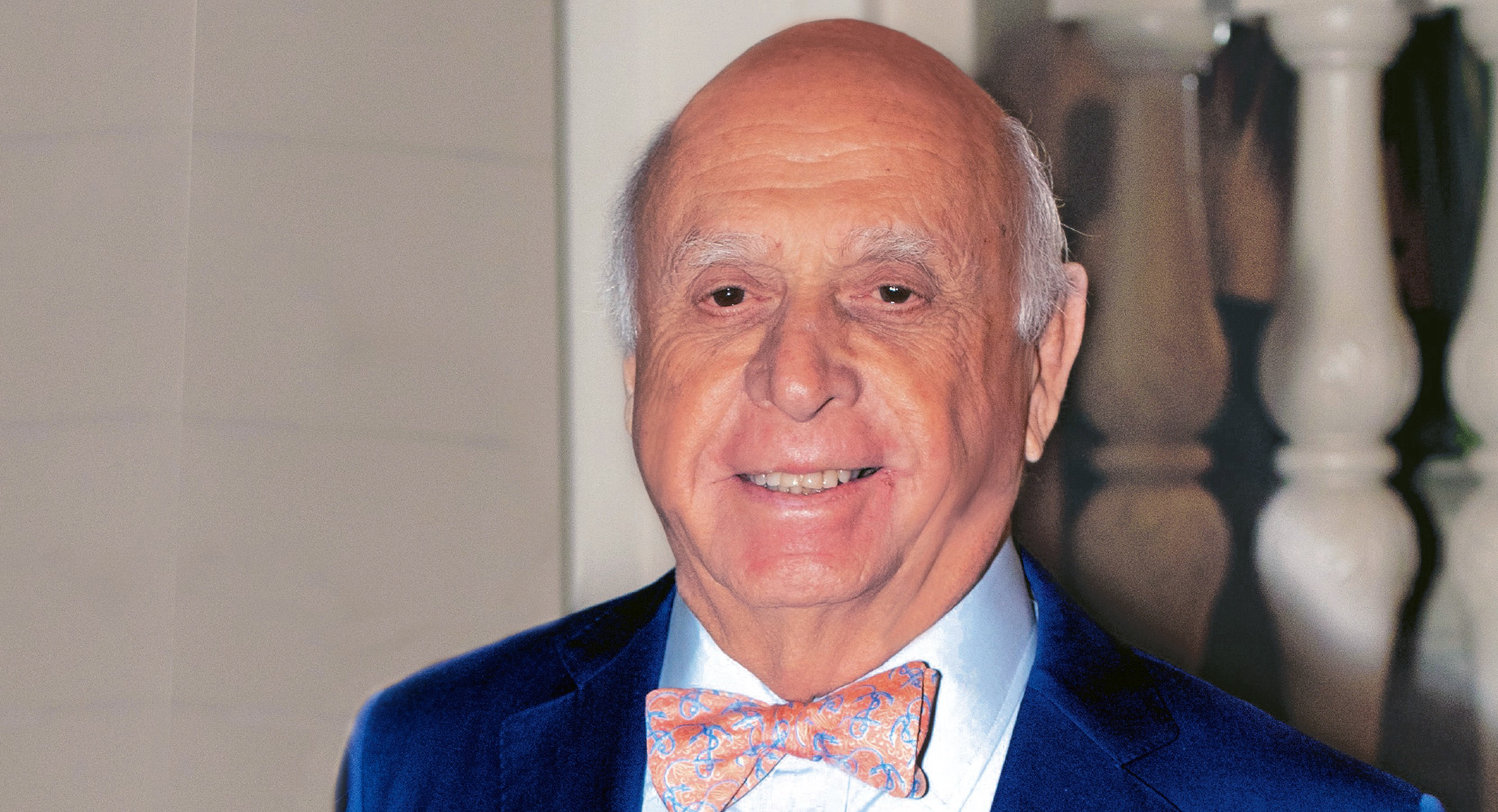
Beal Establishes Distinguished Chair in Infectious Diseases
“The underlying message of my family’s philanthropy is to effect change,” says Bruce Beal, a longtime Brigham advisor and supporter.
Since Bruce and his late brother, Robert, began supporting HIV/AIDS research in the 1990s, advances in antiretroviral therapy transformed HIV from one of history’s most devastating epidemics to a treatable chronic disease. Through their philanthropy at the Brigham, the Beal family has supported an internationally renowned physician-scientist who is one of the foremost leaders in HIV research, care, and education—Paul Sax, MD, clinical director of the Brigham’s Division of Infectious Diseases.
To honor Sax’s achievements in infectious diseases, ranging from HIV/AIDS to COVID-19, Bruce and his family generously contributed $2 million to the Brigham to establish the Bruce A. Beal and Robert L. Beal Distinguished Chair in the Division of Infectious Diseases. This follows Bruce’s $500,000 gift last year for the Brigham’s COVID-19 Response Fund.
Sax will be the inaugural incumbent of the chair, one of the highest honors that can be bestowed upon a Brigham faculty member. “For nearly two decades, my family and I have been supporting Dr. Sax’s work,” says Bruce. “We are honored to establish this chair and further his efforts.”
“The underlying message of my family’s philanthropy is to effect change. We are honored to establish this chair and further [Dr. Sax’s] efforts.”
—BRUCE BEAL
With this chair, Sax will continue to build on his primary areas of expertise, including antiretroviral therapies and management strategies for HIV and also work to expand knowledge in areas of infectious disease such as antibiotic resistance, COVID-19, and other epidemics through research, clinical work, and training. In addition to editing and contributing to numerous medical journals, Sax writes a blog on infectious diseases for the New England Journal of Medicine and is a sought-after expert for media interviews.
“The importance of infectious diseases as a field has been further reinforced during the COVID-19 pandemic,” Sax says. “As we look to the future with HIV, the next frontier is moving it from a treatable condition to a curable condition. Thanks to the Beal family’s generosity, we will continue this critical work while working to solve the puzzles posed by COVID-19 and other infectious diseases.”